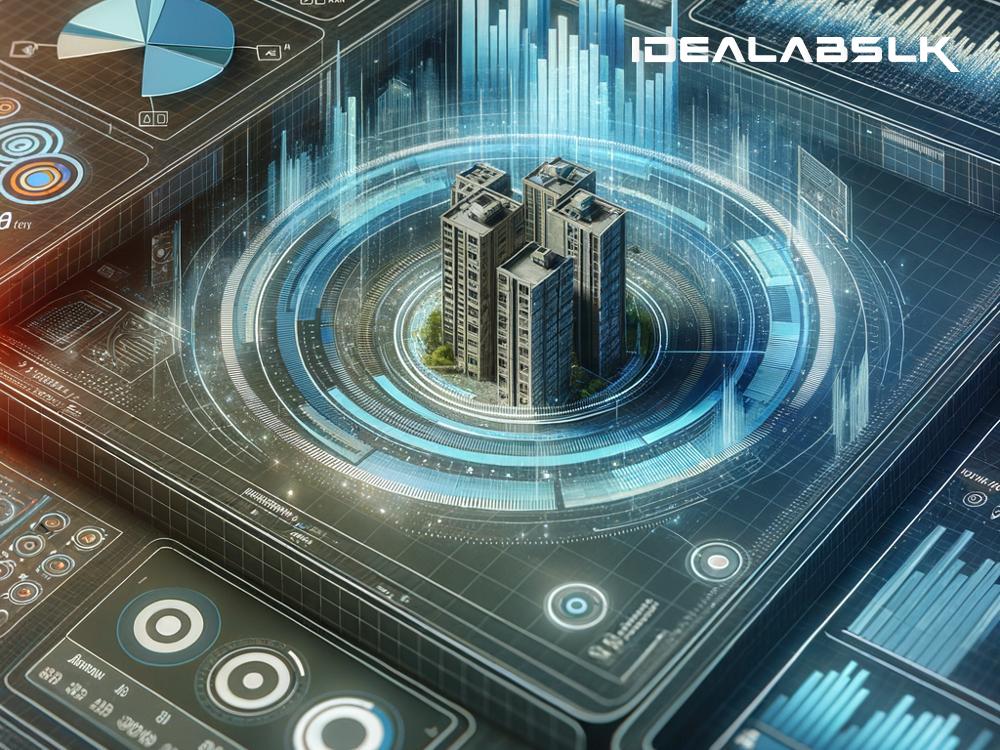How AI is Revolutionizing Real Estate Asset Lifecycle Management
The world of real estate is undergoing a digital transformation, and at the heart of this change lies Artificial Intelligence (AI). As buildings and assets evolve, the way we manage them must also progress. AI is not just a buzzword in the real estate sector; it's a tool that's dramatically improving the asset lifecycle management process. Let's dive into how AI is making this possible.
Understanding Asset Lifecycle Management
Before we dive deep into AI's role, let's understand what asset lifecycle management in real estate entails. In simple terms, it's the process of maximizing a property's value from acquisition, operation, and maintenance to its disposal. This lifecycle includes numerous complex tasks like budgeting, maintenance, and compliance - all aimed at ensuring the asset is profitable and sustainable over time.
The Traditional Model vs The AI-driven Approach
Traditionally, managing a real estate asset's lifecycle has been labor-intensive and prone to human error. Information would be siloed, decisions based on gut feelings, and inefficiencies rampant. Enter AI, and the narrative begins to change. AI enables a more holistic, accurate, and efficient approach to managing real estate assets.
1. AI in Acquisition and Financing
AI is transforming the way investors identify and acquire real estate assets. By analyzing vast amounts of data, AI can predict trends, identify promising investment opportunities, and even assess the risk associated with certain properties. This helps investors make more informed decisions and streamline the acquisition process.
Moreover, AI-powered tools are assisting in the financing stage by accurately assessing property values and predicting future returns, making the approval process for loans and financing smoother and more reliable.
2. Smart Operations and Maintenance
Once an asset is acquired, the focus shifts to its operation and maintenance, which is crucial for its longevity and value. AI comes into play by enabling smart buildings. These buildings, equipped with IoT (Internet of Things) sensors and AI, can automate various tasks such as energy management, security, and even predictive maintenance.
Predictive maintenance is a game-changer. By analyzing data from sensors, AI can predict when and which parts of a building will need maintenance before they break down. This minimizes downtime, saves money, and extends the asset's life.
3. Energy Efficiency and Sustainability
Sustainability is no longer optional in real estate management; it's a necessity. AI helps manage assets in an environmentally friendly way by optimizing energy consumption. For instance, AI systems can adjust heating, cooling, and lighting in real time based on occupancy and weather conditions, significantly reducing waste and energy costs.
4. Enhancing Tenant Experience
Tenant satisfaction is crucial for the profitability of real estate assets. AI enhances the tenant experience through personalized services, streamlined communication, and better security. For example, AI-powered chatbots can address tenant queries any time of the day, and facial recognition technology can provide secure and convenient access to buildings.
5. Optimizing Sale or Reinvestment
When it's time to dispose of an asset or reinvest in it, AI aids in making the right decision by analyzing market trends, property performance, and potential future returns. This ensures that owners can optimize their investment strategies and maximize returns.
The Challenges and Future of AI in Real Estate
While AI promises to revolutionize real estate asset lifecycle management, it's not without challenges. The key hurdles include the high initial investment in technology, the need for digital literacy among real estate professionals, and concerns over data privacy and security.
However, the future looks bright. As technology advances and becomes more accessible, and as the industry overcomes these challenges, AI's role in real estate asset management will only grow stronger. We're moving towards a future where real estate operations are more efficient, sustainable, and profitable, thanks to AI.
Conclusion
AI in real estate asset lifecycle management is not just a trend; it's a transformative force. From smarter acquisitions and financing to efficient operations and enhanced tenant experiences, AI is setting new benchmarks in managing real estate assets. As we embrace this digital transformation, the real estate industry is poised for unprecedented efficiency and growth.

